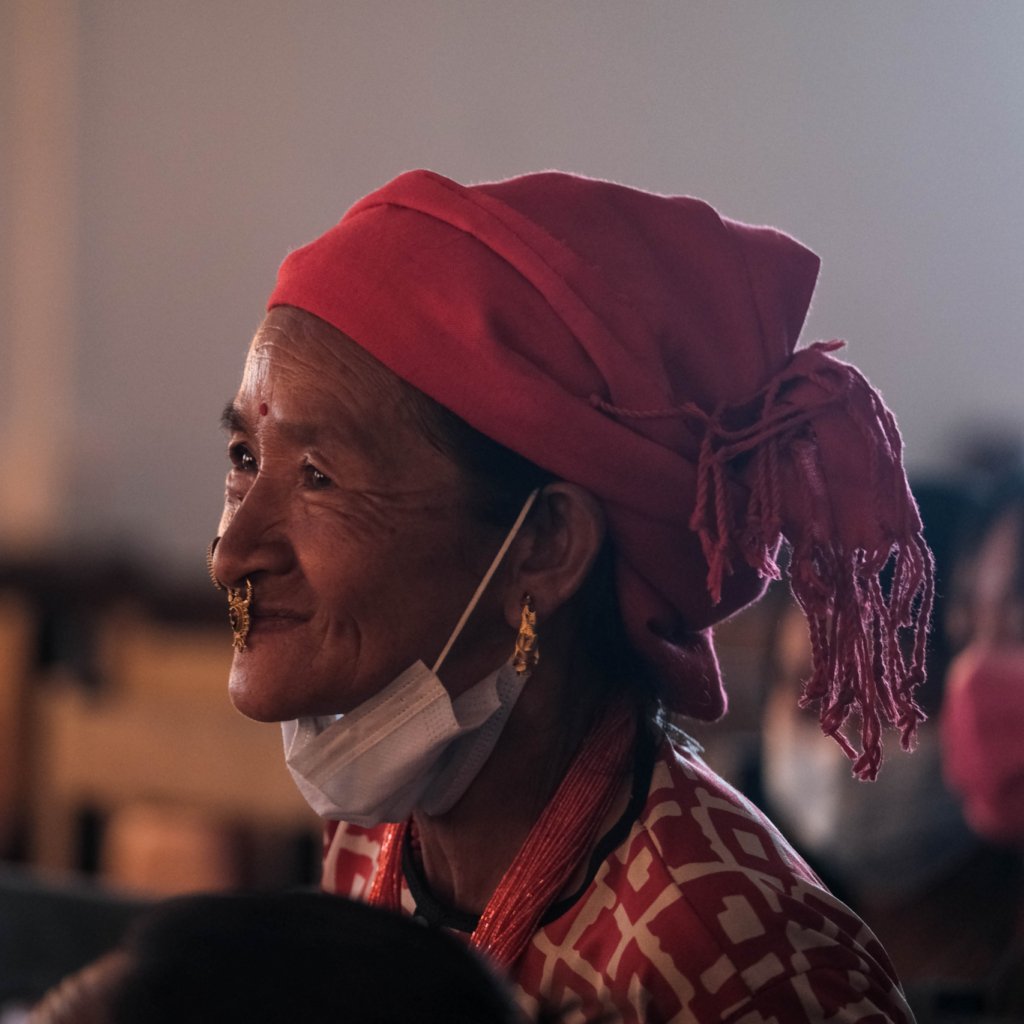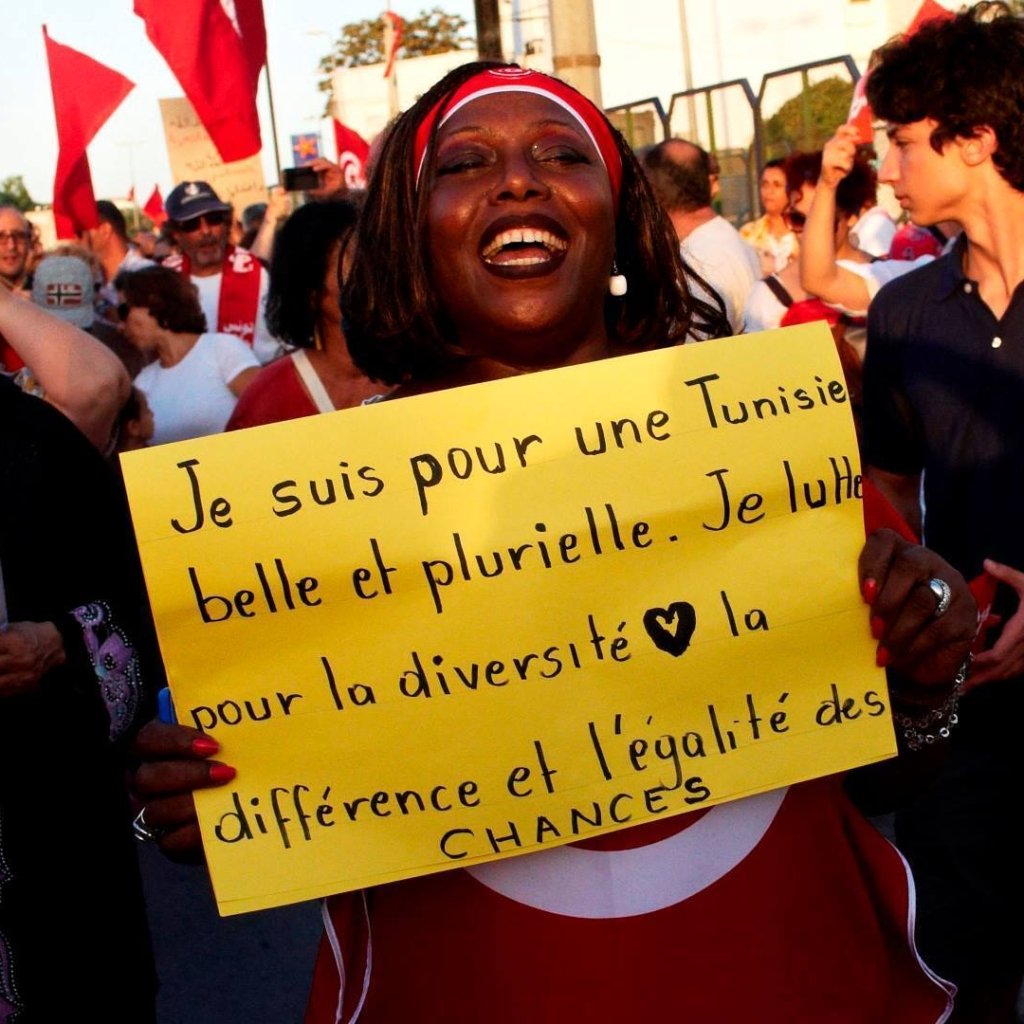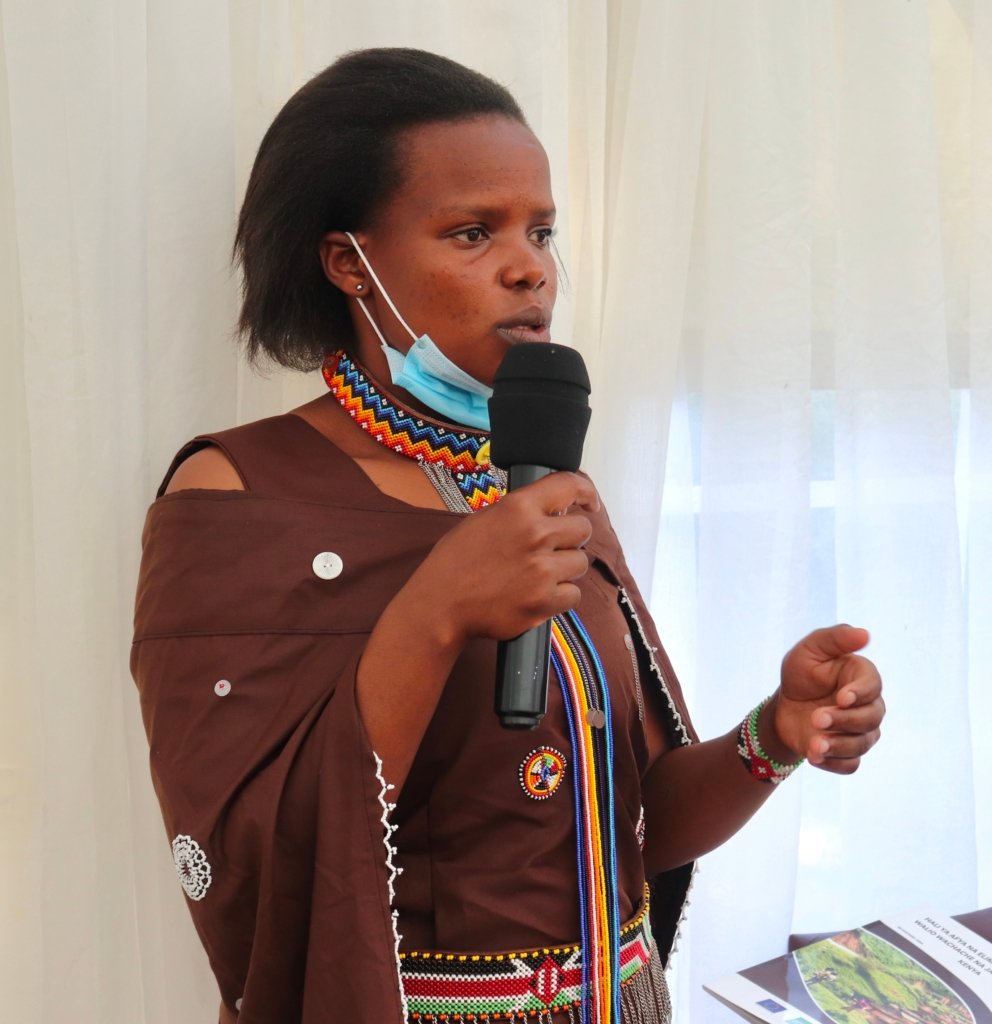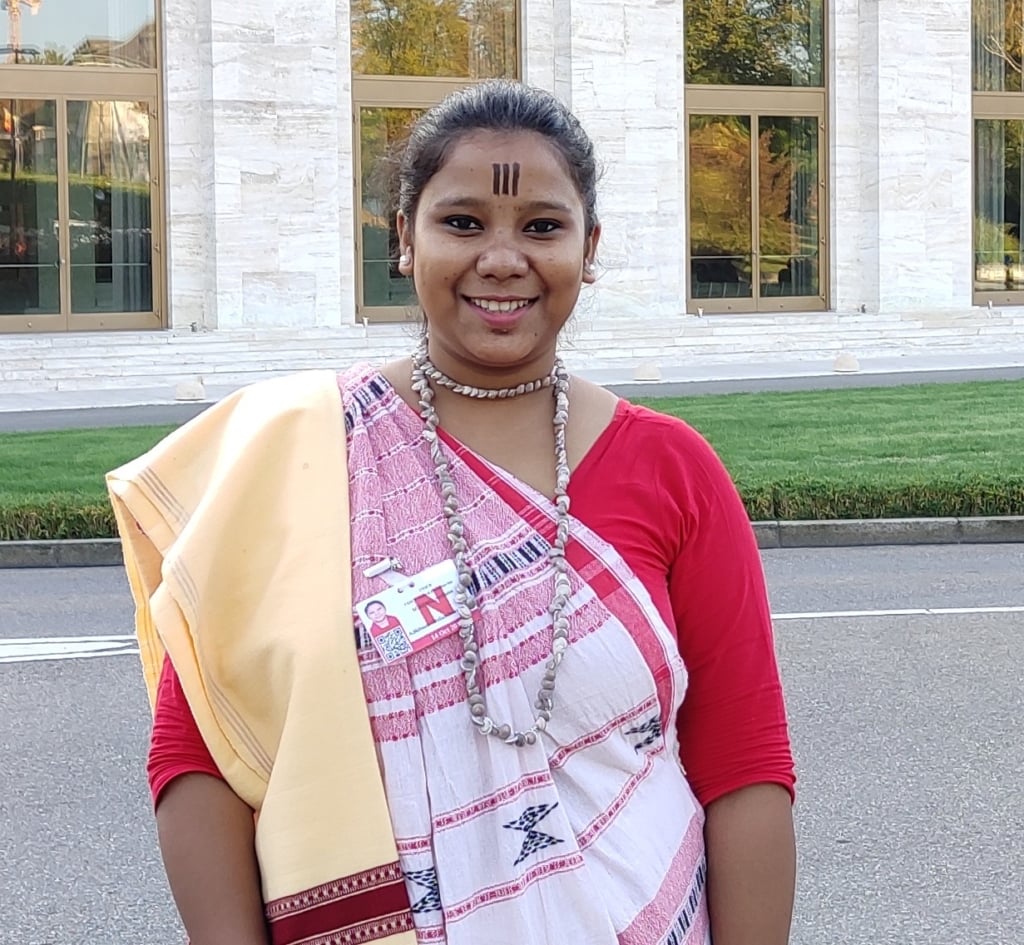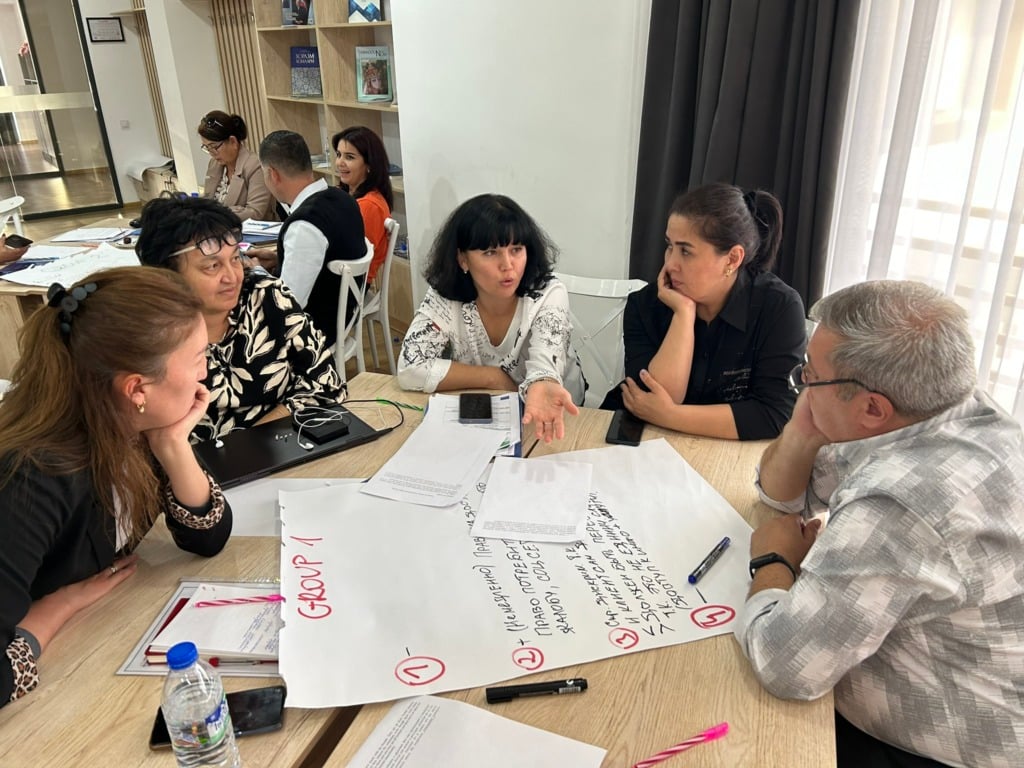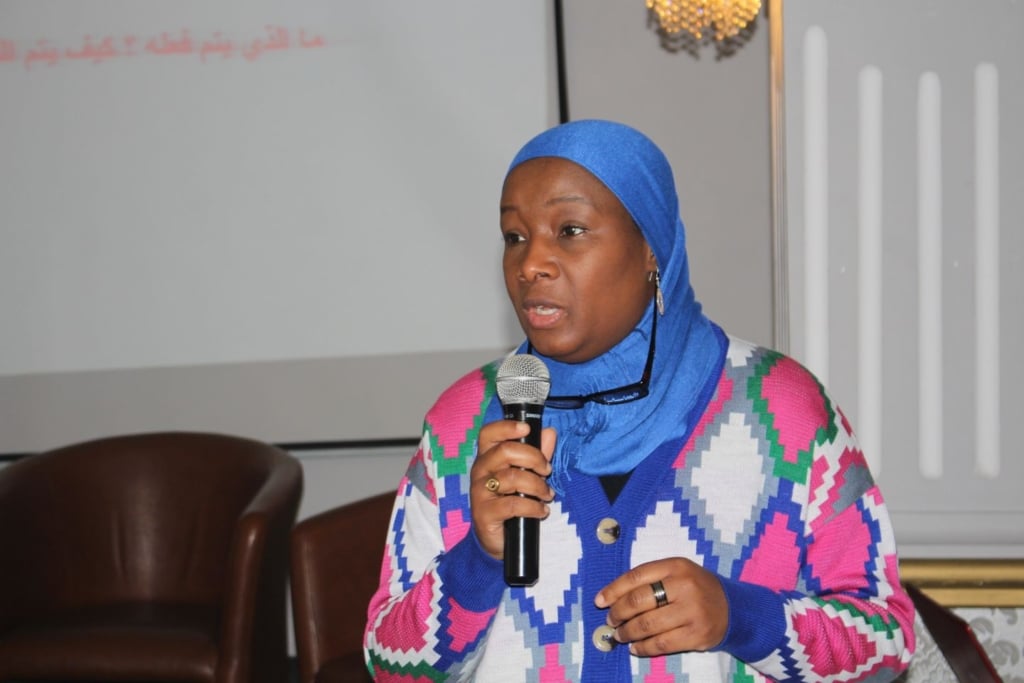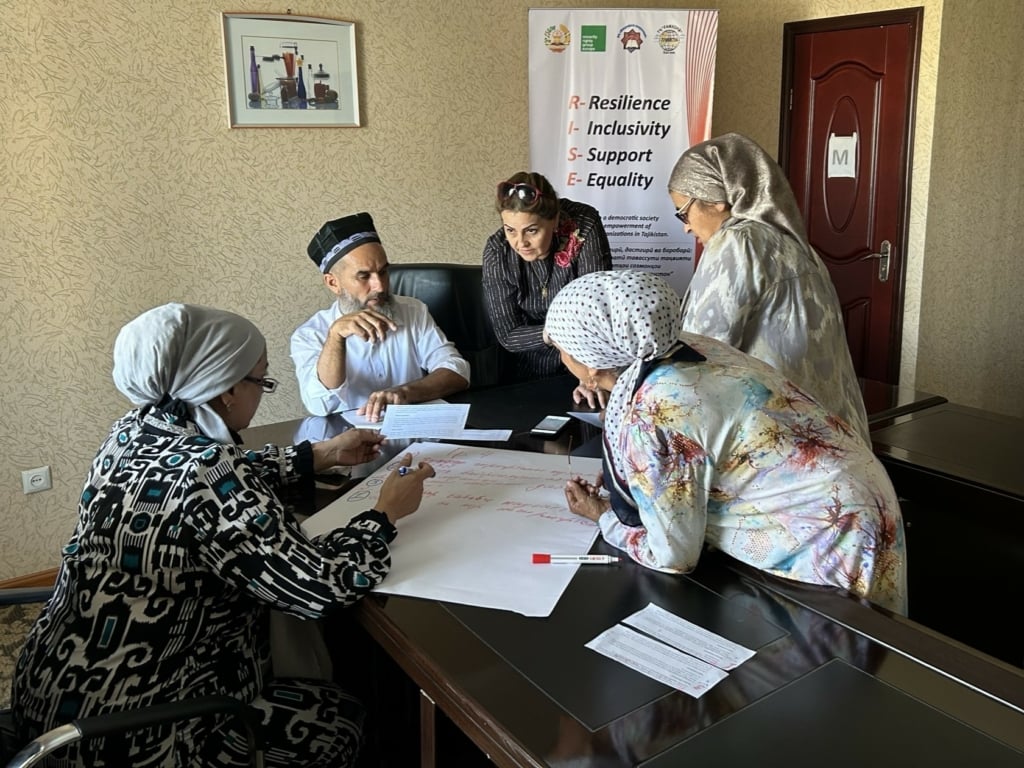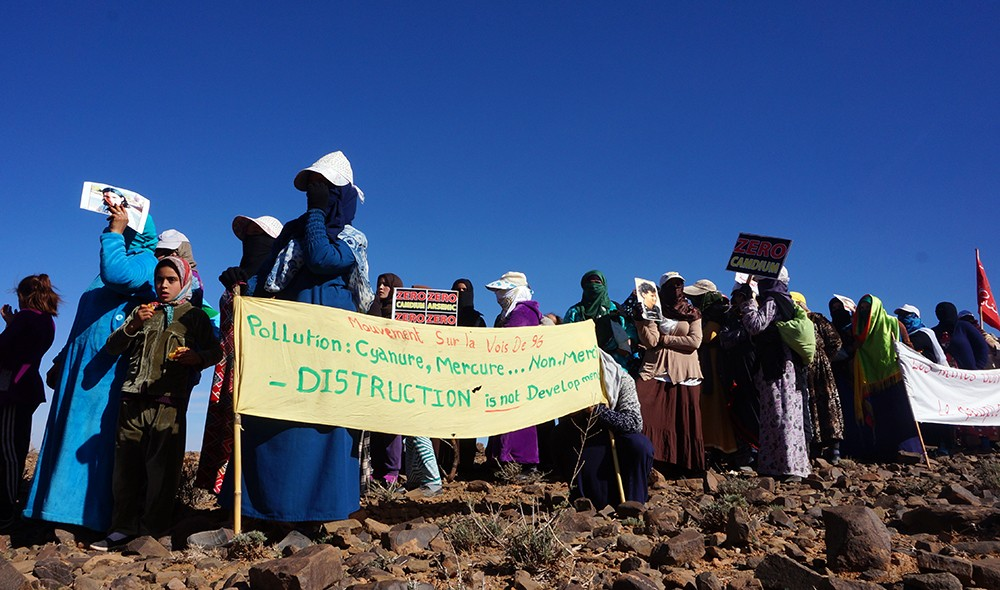What we do
We support minorities and indigenous peoples to secure their rights in the following ways:
-
Programmes
We co-design programmes with 300 partners worldwide using human rights-based approaches that emphasize participation, inclusion, remedies, restitution and sustainability.
-
Publications
We publish authoritative publications that are widely valued by decision makers, academics and the media.
-
Documentary films
We produce documentary films on a wide range of minority and indigenous communities – from the overfishing that threatens coastal communities in Gambia to the harsh conditions many refugees face as they try to reach the European Union.
-
Advocacy
We support the advocacy initiatives of minority and indigenous community representatives. We also conduct advocacy at the national, regional and international levels to ensure that governments and international agencies respect and promote minority and indigenous peoples’ rights.
-
Legal cases
Our pioneering legal work advances the protection of minorities and indigenous peoples under international law.
-
Training
We have trained thousands of minority and indigenous activists in advocacy, campaigning, communications, law and more. We also deliver training to journalists in effective and ethical reporting on minority and indigenous issues.
-
Technical guidance
We provide advice to a wide range of institutions such as UN agencies, government departments and companies, sharing our expertise on minority and indigenous peoples’ rights.
-
Evaluations
Our work and continuous evaluation of our efforts offer overwhelming evidence that the inclusion of minority and indigenous communities leads to stronger, more cohesive societies.
Our approach
Human rights-based approach
We identify rights holders and duty bearers, assess power dynamics and capacities, and embed the principles of community ownership, transparency and accountability into all our projects.
‘Do no harm’ perspective
We continuously identify and highlight risks, with support from our partners, and ensure that we mitigate against those risks wherever possible.
Participatory planning
We only respond to needs identified directly by communities through their representatives and always involve those affected when planning our activities.
Inclusive approach
We recognize that there are people who may face additional discrimination within minority and indigenous communities and make sure that no one gets left behind.
Our programmes
Together with almost 300 partner organizations in 60 countries, we co-design programmes using human rights-based approaches that emphasize participation, inclusion, remedies, restitution and sustainability.
Technical guidance
We regularly advise a wide range of institutions such as UN agencies, government departments and private companies, on issues regarding inclusion, diversity and minority and indigenous rights. We never undertake such work where it has the potential to endanger our independence or our relationships with minority or indigenous communities.
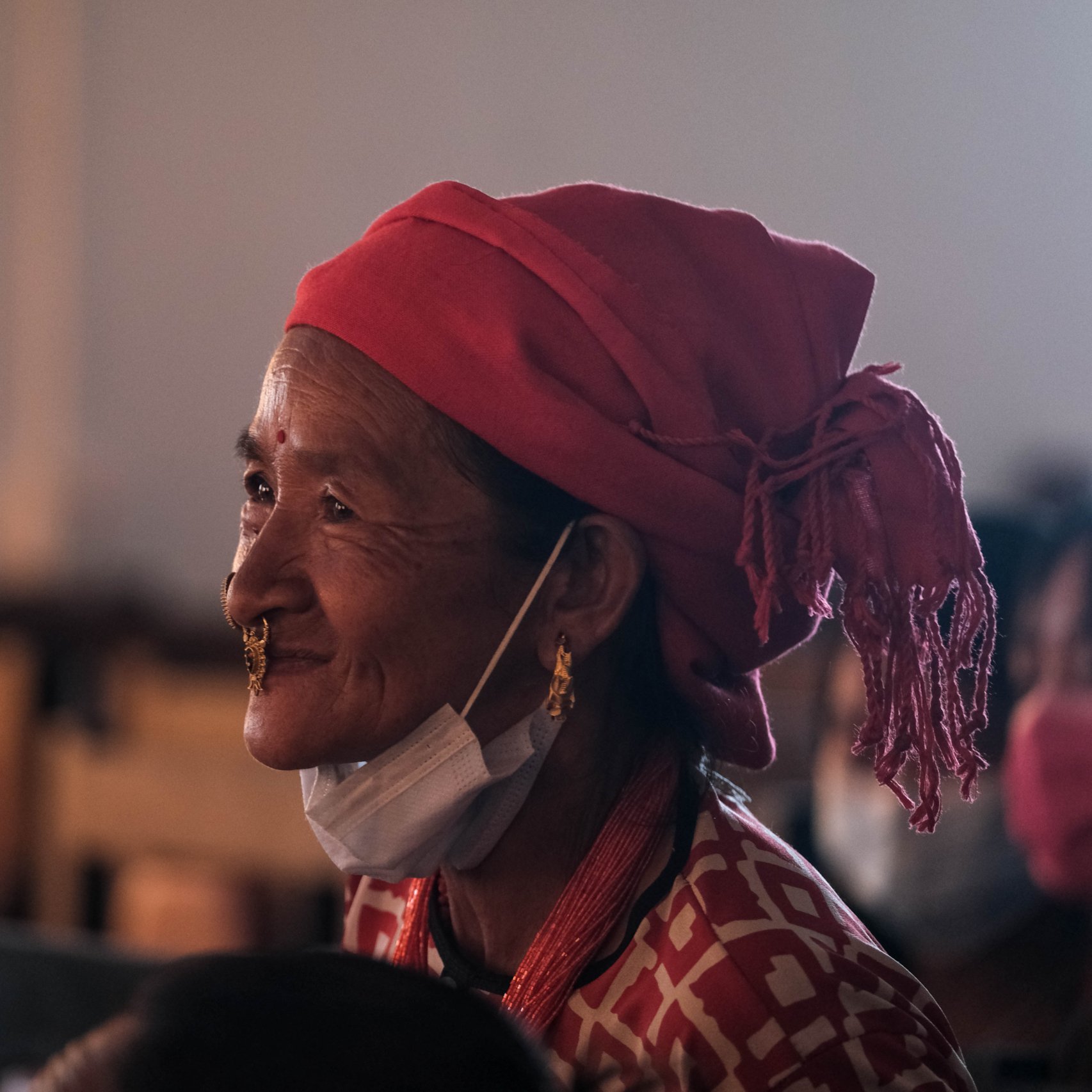 A Sunuwar participant at a public awareness rising gathering on Nepal’s census organised by CEMSOJ in September 2021, Hawa, Dolakha, Nepal. Credit: Bishal Rajbhandari/CEMSOJ.
A Sunuwar participant at a public awareness rising gathering on Nepal’s census organised by CEMSOJ in September 2021, Hawa, Dolakha, Nepal. Credit: Bishal Rajbhandari/CEMSOJ.
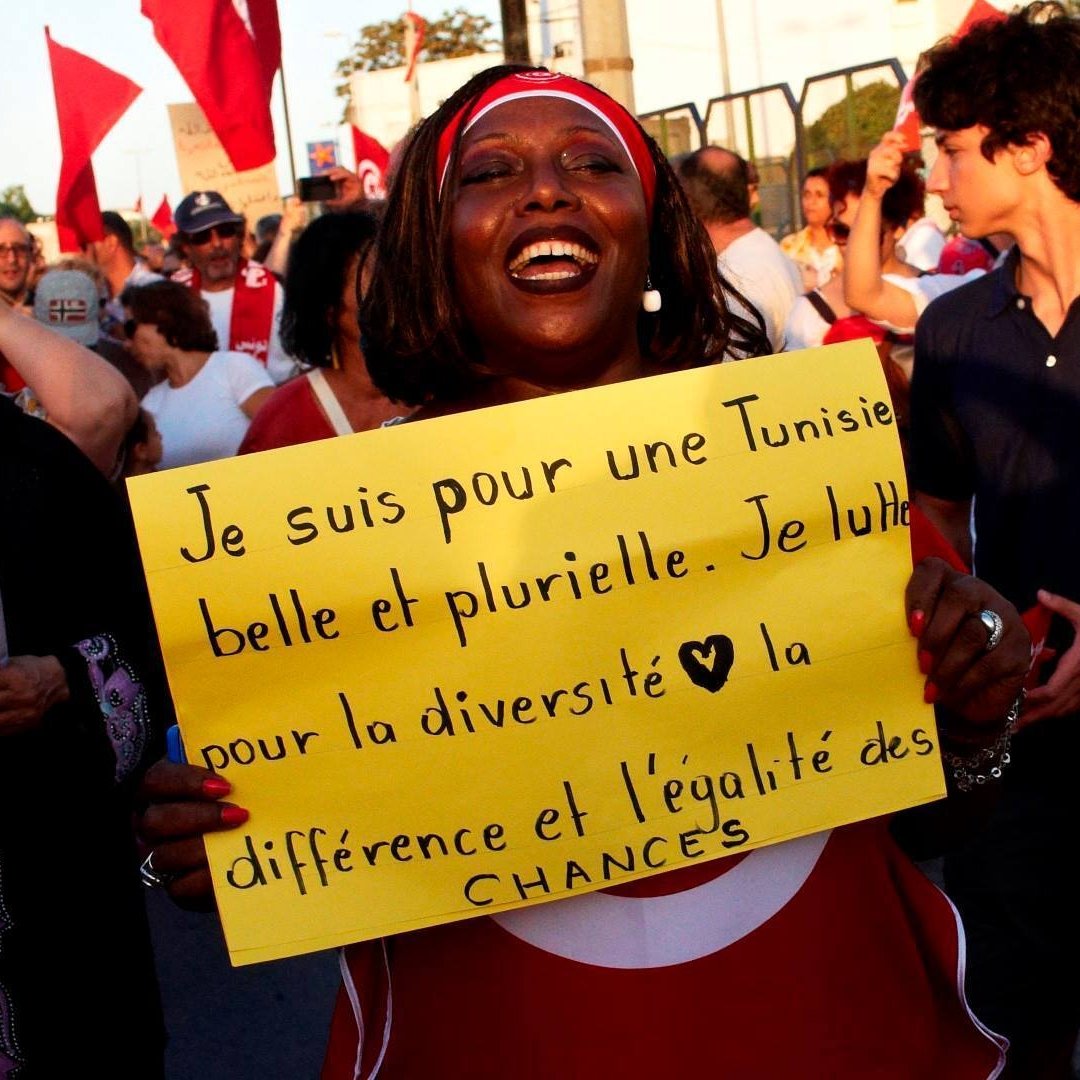 Saadia Mosbah, Founder of Mnemty, MRG’s partner in Tunisia, holds a sign that reads ‘I am for a beautiful and plural Tunisia. I fight for diversity, difference and equal opportunities.’ Credit: Mnemty.
Saadia Mosbah, Founder of Mnemty, MRG’s partner in Tunisia, holds a sign that reads ‘I am for a beautiful and plural Tunisia. I fight for diversity, difference and equal opportunities.’ Credit: Mnemty.
Do you have a question about our work?
-
Our strategy
We work with ethnic, religious and linguistic minorities, and indigenous peoples to secure their rights and promote understanding between communities.
-
-
